Overview
Amlapitta (non-ulcer dyspepsia), a gastrointestinal tract (GIT) disorder, has acquired majority of the share with causative factors like improper diet and habits, stress, spicy irritant food, oily foods, bakery products, etc. Modern era’s changing lifestyle along with changing food culture and depending upon one’s body constitution Amlapitta is one of the most common disease.
The stomach normally secretes acid that is essential in the digestive process. When there is excess production of acid in the stomach, it results in the condition known as Hyperacidity. Pitta aggravating food and is the only reason for amlapitta.
Gastrointestinal
Hyperacidity (Amlapitta) is one of the most common diseases seen in society. It is seen in all ages, all classes, and all communities.
Hyperacidity refers to a set of symptoms caused by an imbalance between the acid secreting mechanism of the stomach and proximal intestine. The stomach normally secretes acid that is essential in the digestive process. When there is excess production of acid in the stomach, it results in a condition known as acidity.Long-standing hyperacidity will cause gastric ulcer.
Investigations
- Ph monitoring
- Esophageal manometry
- Endoscopy
- Biopsy if needed
Preventive Measures
As the saying goes “Prevention is better than cure” it is better to avoid all the causative factors of acid-peptic disorder (amlapitta).
- Avoid excessive salty, oily, sour and spicy foods.
- Avoid heavy and untimely food.
- Avoid smoking and alcohol intake
- Food should consist mainly of bitters like bitter gourd, matured ash gourd.
- Include barley, wheat, old rice and green gram in your diet.
- Avoid overcooked, stale and contaminated food.
- The food must be properly cooked.
- Follow mental relaxation techniques.
Causes
This includes various kinds of faulty dietary habits which are against the normal habits as mentioned in Ayurveda.
- Virudha Ahara (Incompatible diet).
- Adhyasana (food after meal).
- Ama Bhojana (to consume food although previous food is not digested).
- AjeernaBhojana (constant indigestion).
- Guru (heavy meal).
- Snigdha Bhojana (oily food).
- Ati Rukshanna (excessive dry food).
- These all cause Agnimandya (loss of appetite) that leads to Amlapitta (hyperacidity).
- Excessive physical work.
- No or less physical work.
- Excessive physical work includes more exercise than the normal.
- Ratri-jagarana (Stay awake during night).
- Dhatu Kshaya (Less nutrition) Upavasa (Excessive fasting) etc, which causes Vata Pitta Prakopa.
- Reduces digestive fire that leads to the disease Amlapitta.
- Excessive consumption of alcohol, smoking, tobacco, beverages and other irritant and toxic substances are included.
- These substances cause local irritation in the stomach which eventually secretes more gastric juice and causes Amlapitta.
- Psychological factors also play an important role in the maintaining of health.Stress and anxiety increases pitta and it may cause hyperacidity.
- Addiction to alcohol, smoking, tobacco chewing, prolonged intake of NSAIDS (pain killers), helicobacter pylori infection.
- All the above factors result in excessive increase of ‘Pitta dosha’ in the body and exhibits symptoms of amlapitta.
- Long standing hyperacidity will cause ulcers.
Ayurvedic Management
Withdrawal of the causative factors of the disease is the first line of treatment.
- Palliative treatment: As the disease is of Pitta origin, all measures are undertaken to pacify pitta.
- Panchakarma treatment: When a patient cannot be well managed with oral medications, ‘Panchakarma procedures’ like Vamana (emesis) or virechana (purgation) whichever is needed, should be administered.
In chronic cases Asthapana Basti (medicated enema) is indicated.
Pathya (Wholesome food and activities)
- Vegetables like white pumpkin, bitter gourd, matured ash gourd, and leafy vegetables.
- Wheat, old rice, barley, green gram, sugar candy, cucumber.
- Fruits like gooseberry, dry grapes, black grapes, sweet lime, pomegranate, fig, dry fig.
- Take an adequate amount of fluids like pomegranate juice, amla juice, sweet lime juice, medicated water with usheera (Vetiveria
- Zizanioides) or coriander seeds, or laja (puffed rice) with lukewarm water and rock sugar.
- A cup of lukewarm milk after every two or three hours.
- One teaspoonful of ghee with warm milk.
- Take adequate sleep & rest.
- Practice Yoga, pranayam, meditation.
- Follow proper dinacharya (Daily routine) and ritucharya (Seasonal regimen).
Apathya(Unwholesome food and activities)
- Avoid excessive spicy, sour and salty substances.
- Avoid fried and junk food items.
- Do not remain hungry.
- Avoid fast.
- Do not overeat, take small frequent meals.
- Avoid untimely and irregular food habits.
- Avoid foods containing excess amounts of garlic, salt, oil, chillies, etc.
- Avoid curd and sour fruits.
- Avoid lying down immediately after food and in supine position.
- The best recommended position is left lateral.
- Avoid smoking, alcohol, tea, coffee and aspirin type drugs.
- Avoid stress.

